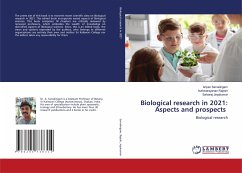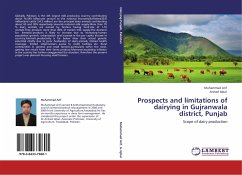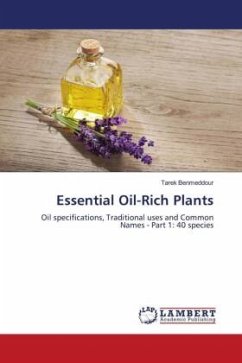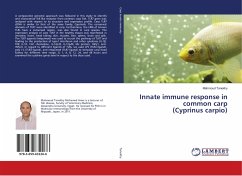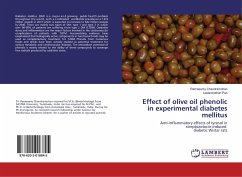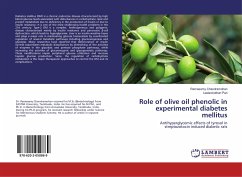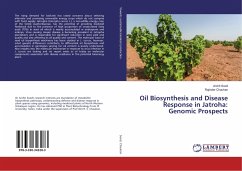
Oil Biosynthesis and Disease Response in Jatroha: Genomic Prospects
Versandkostenfrei!
Versandfertig in 6-10 Tagen
46,99 €
inkl. MwSt.

PAYBACK Punkte
23 °P sammeln!
The rising demand for biofuels has raised concerns about selecting alternate and promising renewable energy crops which do not compete with food supply. Jatropha (Jatropha curcas L.), a non-edible energy crop of the family euphorbiaceae, has the potential of providing biodiesel feedstock due to the presence of high proportion of unsaturated fatty acids (75%) in seed oil which is mainly accumulated in endosperm and embryo. Virus causing mosaic disease is becoming prevalent in Jatropha plantations and is responsible for significant reduction in seed yield and quality and also affecting its oil q...
The rising demand for biofuels has raised concerns about selecting alternate and promising renewable energy crops which do not compete with food supply. Jatropha (Jatropha curcas L.), a non-edible energy crop of the family euphorbiaceae, has the potential of providing biodiesel feedstock due to the presence of high proportion of unsaturated fatty acids (75%) in seed oil which is mainly accumulated in endosperm and embryo. Virus causing mosaic disease is becoming prevalent in Jatropha plantations and is responsible for significant reduction in seed yield and quality and also affecting its oil quality and content. The molecular basis of seed oil biosynthesis machinery has been studied in J. curcas, however, what genetic differences contribute to differential oil biosynthesis and accumulation in genotypes varying for oil content is poorly understood. Also insights into the molecular mechanism in response to virus infection in J. curcas are lacking and no report exists as of today onmolecular components associated with disease resistance in this potential bioenergy plant.



